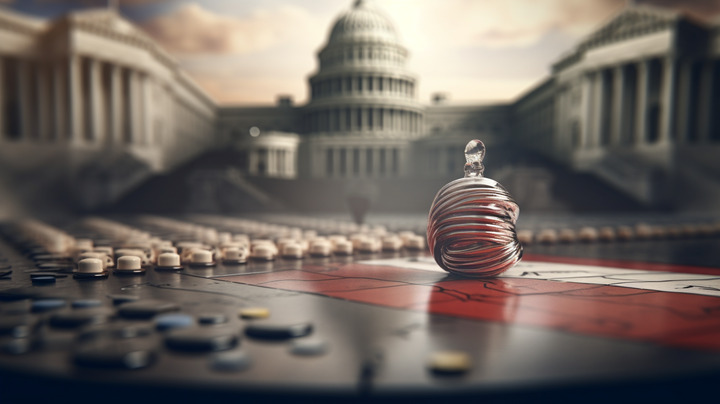Amidst the AI disruption, The Recording Academy announces only human-composed songs will be Grammy-eligible. Here’s how the music industry navigates AI.
Key Takeaways:
- The Recording Academy rules that only songs “mostly” written and performed by human beings will be considered for Grammy Awards.
- The organization will accept songs with some AI-generated elements, but the main creative contributions must come from humans.
- The new regulations raise questions about the eligibility of music where AI was used creatively, suggesting the need for clearer guidelines.
Grammy Awards Rule Out AI-Composed Music
No Grammy gold for AI-composed tunes anytime soon! This may come as a disappointment to the tech industry, but The Recording Academy has decided to stay human. The CEO, Harvey Mason Jr., confirmed this week that only music “mostly” composed and performed by human beings would be recognized for Grammy Awards. Does this shut the door for AI-composed music completely? Not quite.
AI Elements Accepted, but Humans Reign Supreme
Mason explained in an interview that AI music and content can be submitted. However, the laurels will only go to human creators who have significantly contributed to the artistic aspects of the song. A song with an AI-generated voice or AI-based instrumentation can be considered. However, the main creative thrust for the song, particularly in songwriting and performance categories, must come from a human.
The implications of these guidelines are far-reaching. For instance, the AI-created fake Drake / The Weeknd song, “Heart on My Sleeve,” which enjoyed its brief fame before getting removed due to copyright issues, would be ruled out. Similarly, AI-generated scam tracks sold for large sums and tens of thousands of AI-composed tunes purged from Spotify’s library don’t stand a chance.
The Grey Area – How Much AI is Too Much?
The newly enforced rules lead to a series of questions for artists like Holly Herndon, who leveraged an AI version of her voice for a cover of Dolly Parton’s “Jolene.” Would such instances make a cut? Moreover, how about the highly anticipated “final” Beatles track that Paul McCartney revealed would utilize AI to extract a garbled John Lennon voice recording? Or the intriguing case of Taryn Southern, who openly used AI to co-produce her 2018 debut album? These questions pose an interesting challenge, which we hope The Recording Academy will shed light on soon.
In conclusion, while artificial intelligence is making strides in many fields, it appears that, for now, the music industry, particularly the Grammys, still values the touch of human creativity. It’s a complex dance between technology and tradition, and we are here to see how it unfolds. AI may have a seat at the table, but humans still take the cake. Or in this case, the Grammy.
 Sections of this topic
Sections of this topic
















